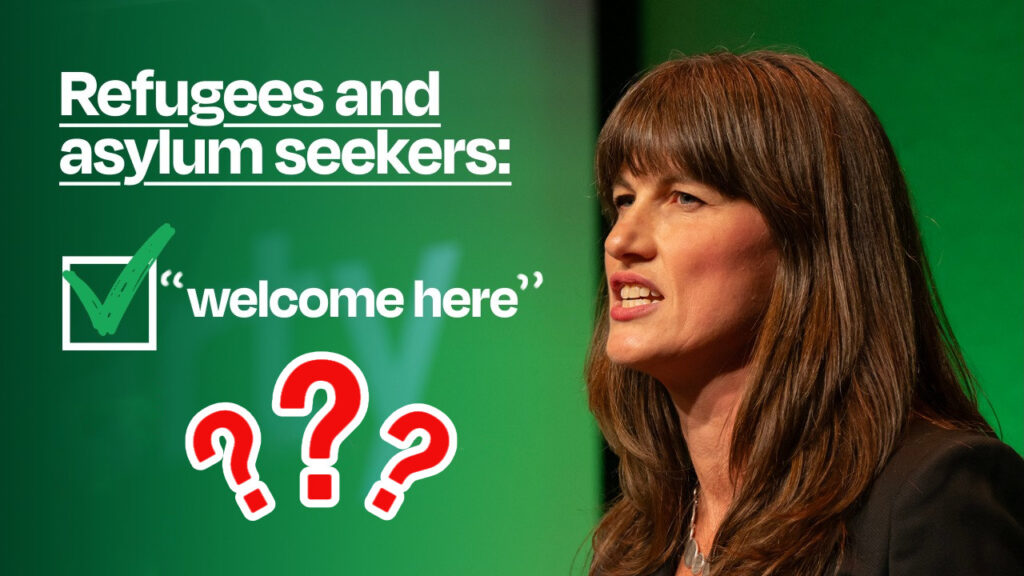With more than 130 Lloyds, Halifax, and Bank of Scotland branches set to close, another blow is being dealt to the elderly and vulnerable in our communities. Since 2015, the UK has lost over 6,000 bank branches, leaving many towns without any banking facilities. The official justification for these closures is that customers are shifting to online and telephone banking, but this transition has left many struggling—physically, mentally, and financially—particularly those in rural areas.
A Society Reshaped for the Digital Age—But at What Cost?
It seems our society is being remodelled with only the tech-savvy in mind. This shift isn’t new. Long before COVID-19, the move towards digital dependency was already underway. However, the pandemic accelerated this trend, forcing many everyday activities—banking, shopping, and even healthcare—into the online world.
Card-only payments, app-based services, and online GP appointments have become the norm, but millions are left behind.
Millions Excluded by the Digital Shift
Almost nine million people in the UK are over 70, and a significant proportion are not IT literate. Many feel frightened about online managing their banking, healthcare, or daily needs. And it’s not just pensioners—there are younger individuals without the skills, access, or resources to navigate an increasingly digital world.
For the elderly, scepticism towards online banking is understandable. They are asked to trust systems they don’t fully understand while being bombarded with warnings about fraud. At the same time, these people rely most on face-to-face banking and NHS services—yet they now find themselves faced with pre-recorded messages directing them to go online.
How many pensioners give up seeking medical help because they can’t book an appointment? How many feel they no longer matter in a world designed only for those who can navigate the digital sphere?
A Government Failing the Vulnerable
We must ask: What is the government doing to protect those left behind?
What measures are being taken to ensure that those without digital skills—or even the will to learn them—can still access essential services? Banks and public institutions must cater to all citizens, not just those comfortable with smartphones and internet banking.
We must challenge the assumption that everything can—or should—be forced online.
The Homeland Party’s Commitment
The Homeland Party refuses to stand by as millions are left behind. We would ensure that practical, real-world solutions cater to those who cannot or do not wish to rely on digital services.
Not everyone has the internet, and they shouldn’t be made to have it to live their everyday lives.


